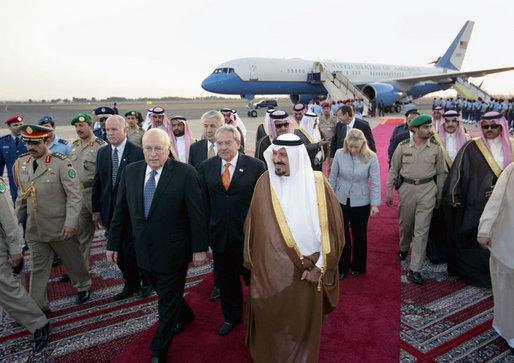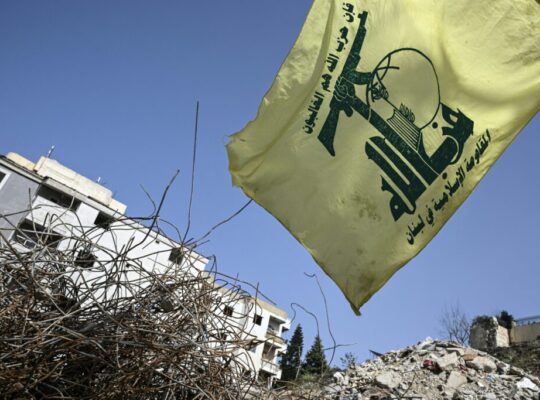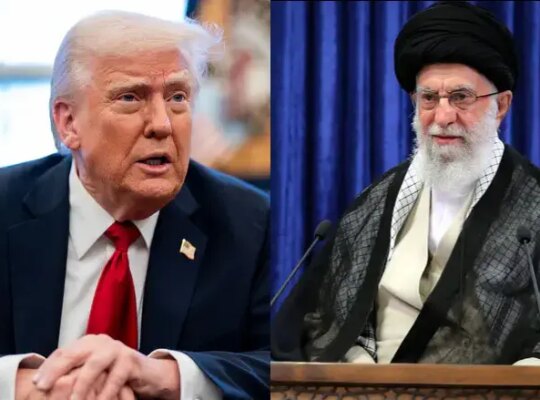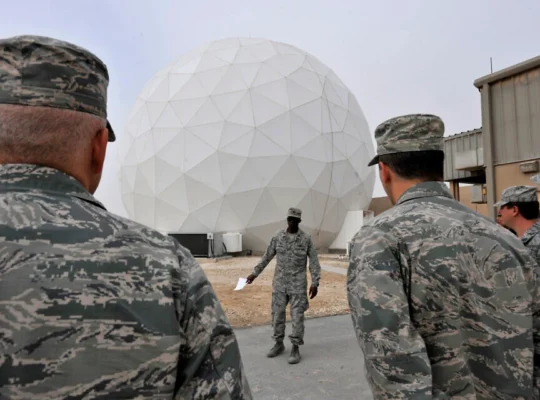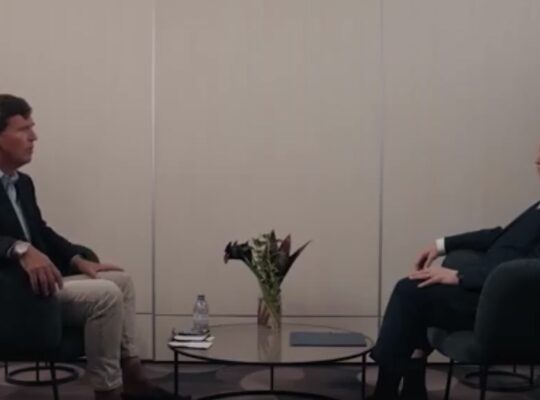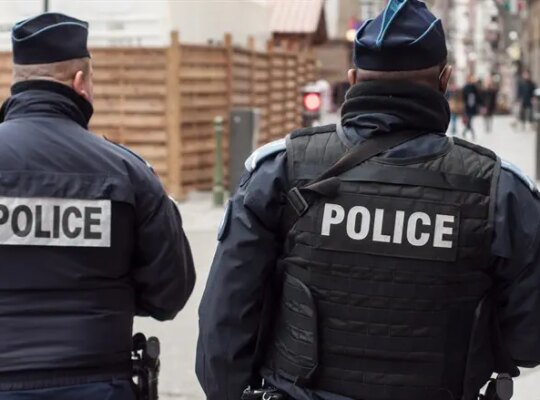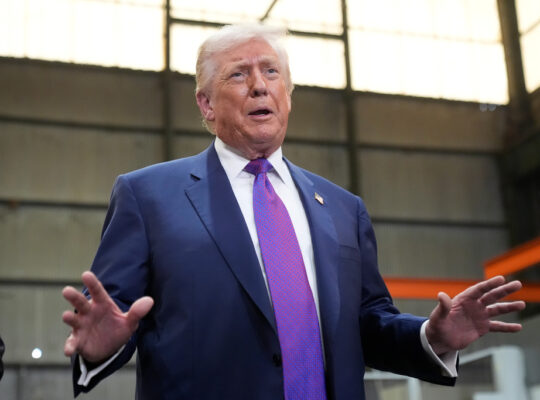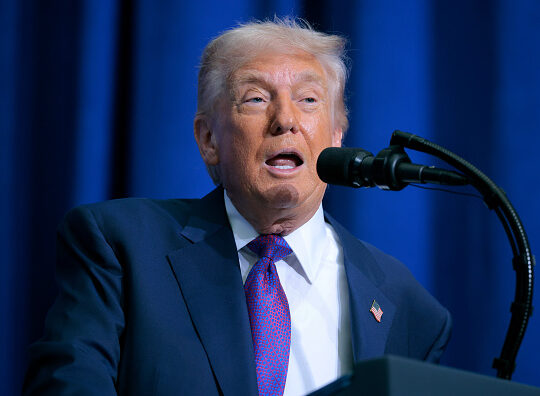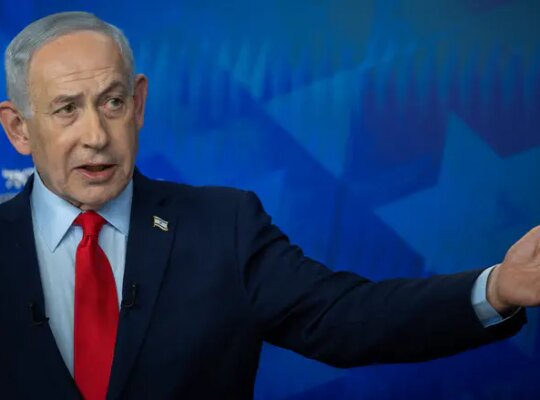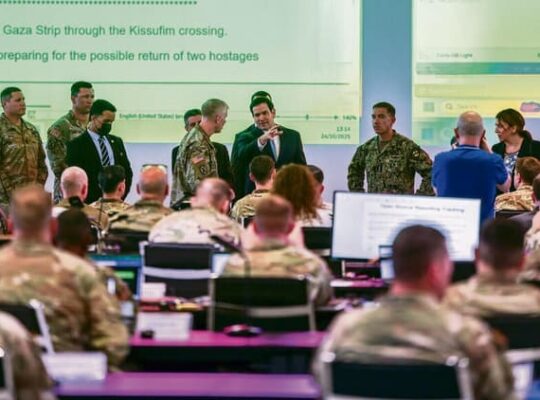Former U.S. Vice President Dick Cheney, widely regarded as the most powerful and polarizing vice president in modern American history, has died at the age of 84. His family confirmed that he passed away peacefully at his home in Virginia after years of heart complications. Cheney’s death marks the close of an era that reshaped American foreign policy and left a lasting imprint on Israel’s security outlook in the post-9/11 world.

Serving under President George W. Bush from 2001 to 2009, Cheney rose from Washington insider to one of the most consequential figures in U.S. government. He was a chief architect of the U.S. invasion of Iraq and one of the driving forces behind America’s war on terror. Following the September 11 attacks, Cheney oversaw vast expansions of American intelligence capabilities and counter-terror operations.
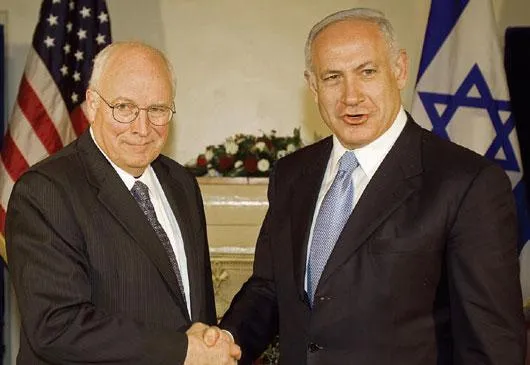

From a secure underground bunker beneath the White House, he coordinated emergency responses on that fateful morning as hijacked planes struck New York and Washington—moments that would define his vice presidency and shape U.S. policy for decades to come.


Often described as “the most powerful vice president in American history,” Cheney wielded influence far beyond the traditional role of the office. He championed a vision of executive authority that centralized decision‐making within the White House, and he was unafraid to make controversial calls in the name of national security. His uncompromising worldview—rooted in the belief that evil must be confronted with force—found sympathy in Israel, where leaders living under daily threat saw in Cheney a rare American statesman who truly grasped their reality.
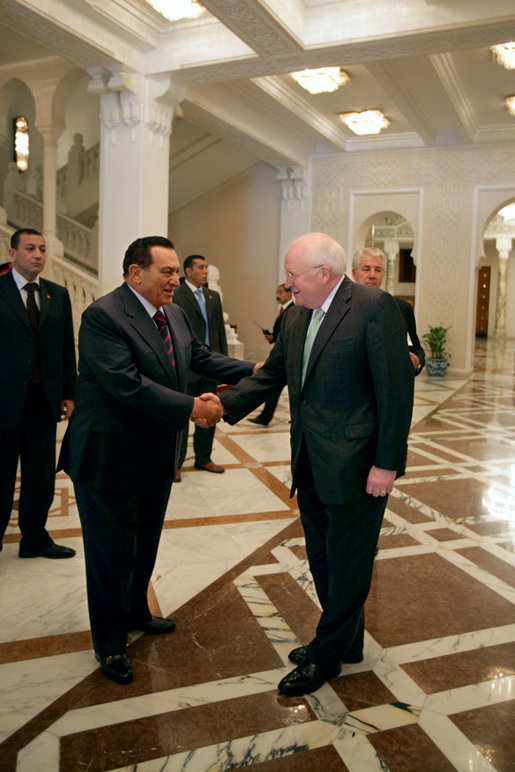

Under his leadership, the United States and Israel strengthened their strategic partnership during the height of the Second Intifada, as both nations battled waves of terrorism. Cheney’s firm stance against militant extremism and his advocacy for pre-emptive defense mirrored Israeli defense doctrines and reinforced America’s role as Israel’s indispensable ally.


But Cheney’s career was also marked by controversy. The decision to invade Iraq in 2003, justified by claims of weapons of mass destruction, remains one of the most debated choices in modern history. He also faced scrutiny for endorsing enhanced interrogation techniques that critics called torture. And in 2006, Cheney made headlines around the world after a hunting accident in Texas in which he accidentally shot his friend, attorney Harry Whittington, in the face with birdshot—a moment that, while later forgiven, became a bizarre footnote to one of Washington’s most formidable careers.


Turning to his family, his daughter Liz Cheney carved her own distinct path. Initially a rising Republican star and member of Congress from Wyoming, Liz became one of the most visible internal critics of former President Donald Trump. Her decision to vote in favour of Trump’s second impeachment in 2021, and her subsequent service as vice-chair of the House Select Committee investigating the January 6 Capitol assault, triggered a fierce backlash from the GOP. The state party in Wyoming revoked recognition of her membership and she was stripped of leadership roles in the House Republican Conference. In 2022 she lost the Republican primary by a wide margin to a Trump-backed challenger, underscoring how her break with Trumpism cost her political base.


For many in the Jewish and Israeli communities, Cheney’s passing—and the arc of his daughter’s journey—invite reflection on an era when U.S. strength and Israeli security were deeply intertwined. His clarity of purpose—seeing terrorism not as an isolated act but as a global ideological war—aligned closely with Israel’s understanding of its own struggle for survival. As one Israeli analyst commented Monday night, “Dick Cheney understood Israel’s reality better than most American leaders. He saw the world not as we wish it to be, but as it is.”
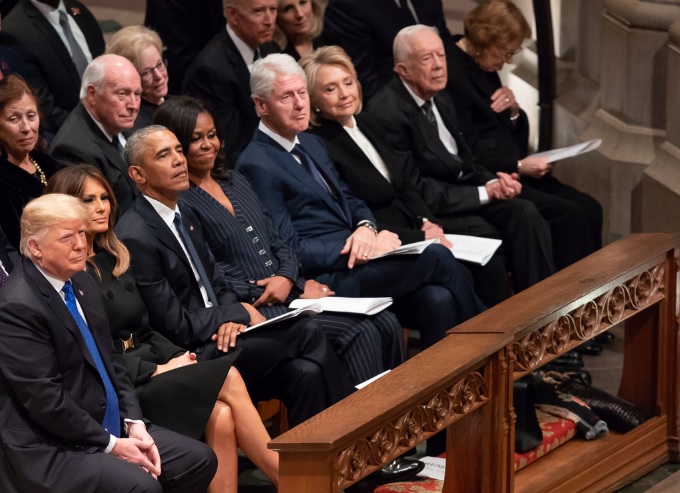

Dick Cheney is survived by his wife Lynne, daughters Liz and Mary, and several grandchildren. His complex legacy—marked by power, conviction, and controversy—continues to shape how the free world approaches security and moral responsibility.
Source link


